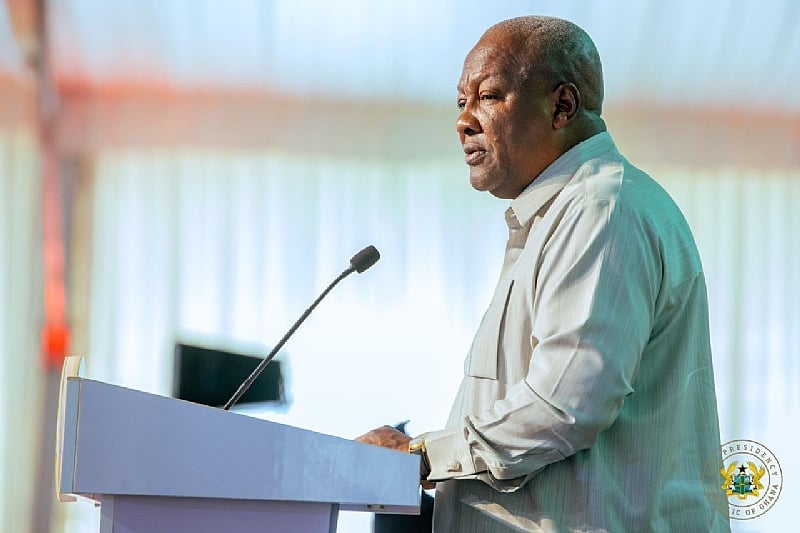President John Dramani Mahama, addressing his cabinet during an Executive Leadership Retreat in Ada, delivered a forceful message emphasizing the core responsibility of his administration: to tangibly improve the lives of Ghanaians. He underscored that ministerial positions were not platforms for personal aggrandizement or the exercise of power for its own sake, but rather vehicles for public service and the resolution of the nation’s challenges. Entering his final term, President Mahama framed this period as his legacy term, a defining chapter in his presidency, committing to ensuring a meaningful and positive impact on the nation’s trajectory. He explicitly challenged each minister to embrace this vision, urging them to adopt a proactive and results-oriented approach to governance.
The President’s address centered on the core principles of effective and accountable leadership. He emphasized the importance of vision and integrity, urging his ministers to lead with foresight and unwavering ethical standards. He stressed data-driven decision-making, advocating for policies grounded in empirical evidence and analysis, rather than conjecture or political expediency. This focus on evidence-based governance reflects a commitment to sound policy formulation and implementation, aiming to maximize the effectiveness of government initiatives and ensure that public resources are utilized strategically to achieve tangible outcomes.
Furthermore, President Mahama pressed upon his ministers the significance of fiscal responsibility and prudent management of public funds. He cautioned against extravagance and unnecessary expenditure, emphasizing the need to prioritize value for money in all government undertakings. This call for judicious use of resources underscores a commitment to transparency and accountability in public finance, ensuring that every cedi invested contributes meaningfully to national development. This message resonated with the broader theme of public service, reminding ministers that their primary obligation is to the citizens of Ghana, not to personal or political advancement.
Underscoring the urgency of their collective mission, President Mahama reiterated that the Ghanaian people expected tangible results, not excuses. He called for a shift from rhetoric to action, emphasizing the need to deliver on promises and address the pressing needs of the citizenry. This emphasis on results-oriented governance reflects a commitment to addressing real-world challenges and making a demonstrable difference in the lives of ordinary Ghanaians. He directly linked their performance to the public’s expectations, emphasizing the government’s responsibility to deliver concrete solutions and improvements.
The President’s unwavering focus on the needs of the Ghanaian people formed the crux of his message. He explicitly stated that the ministers’ primary duty was to the citizens, superseding any personal political ambitions or the pursuit of accolades. This unambiguous declaration reinforces the fundamental principle of public service, reminding those in positions of power that they are ultimately accountable to the people they serve. It served as a powerful reminder that their actions and decisions should be guided by the best interests of the nation and its citizens.
President Mahama’s address at the Executive Leadership Retreat served as a clear and compelling call to action for his cabinet. It emphasized the gravity of their responsibilities, the importance of ethical leadership, and the paramount importance of delivering tangible results for the Ghanaian people. By framing his final term as a legacy term, he set a high bar for performance and underscored his commitment to leaving a lasting positive impact on the nation. The central theme of his message was clear: governance must be about service, accountability, and demonstrable progress towards a better future for all Ghanaians. This message was not merely a set of instructions but a call to embrace a philosophy of public service dedicated to improving the lives of the citizenry.














